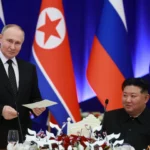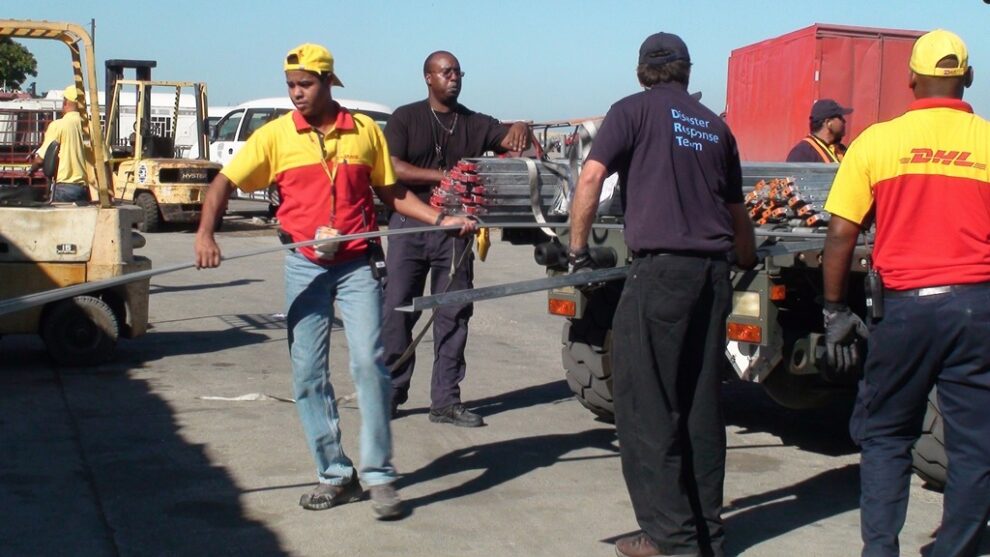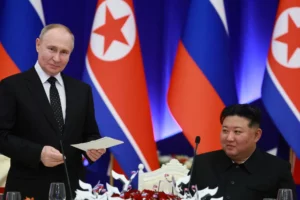I wish to thank the Executive Director of the World Food Program, as well as Messrs Cohen and Miebach for their briefings.
In late 2022, the Office for the Coordination of Humanitarian Affairs estimated that needs for the year 2023 would amount to $51.5 billion. It was the first time such a figure had been announced. Regrettably, as is so often the case, other crises have arisen: the earthquakes in Turkey and Syria, the crisis in Sudan, and most recently, a devastating earthquake in Morocco and flooding in Libya, to which must be added the continuing worsening of global food insecurity, caused by Russia’s war of aggression against Ukraine. The initial estimate therefore falls well short of reality.
Private sector support for humanitarian action has increased significantly over the last fifteen years, which is good news. The response to the war against Ukraine and the involvement of the private sector in this context was an example of what could be considered in the future.
In France and Europe, this partnership has been strengthened, with the signing of agreements with companies wishing to participate in humanitarian action. This is to be applauded. Together with the World Food Program, we are mobilizing the private sector to take part in the work of the Global Coalition for School Feeding, whose first global meeting will be held in Paris in October.
We must be collectively innovative, and the private sector can play an invaluable role, not only in responding to crises but also in preventing and anticipating them. It is with this in mind that we must all reflect on the modernization, innovation and effectiveness of humanitarian action.
Yet a number of questions also need to be answered, to ensure that humanitarian principles are respected by all, and to avoid windfall effects. Discussions such as today’s will help to achieve this, and we will be encouraging them.
Source : Permanent Mission of france















